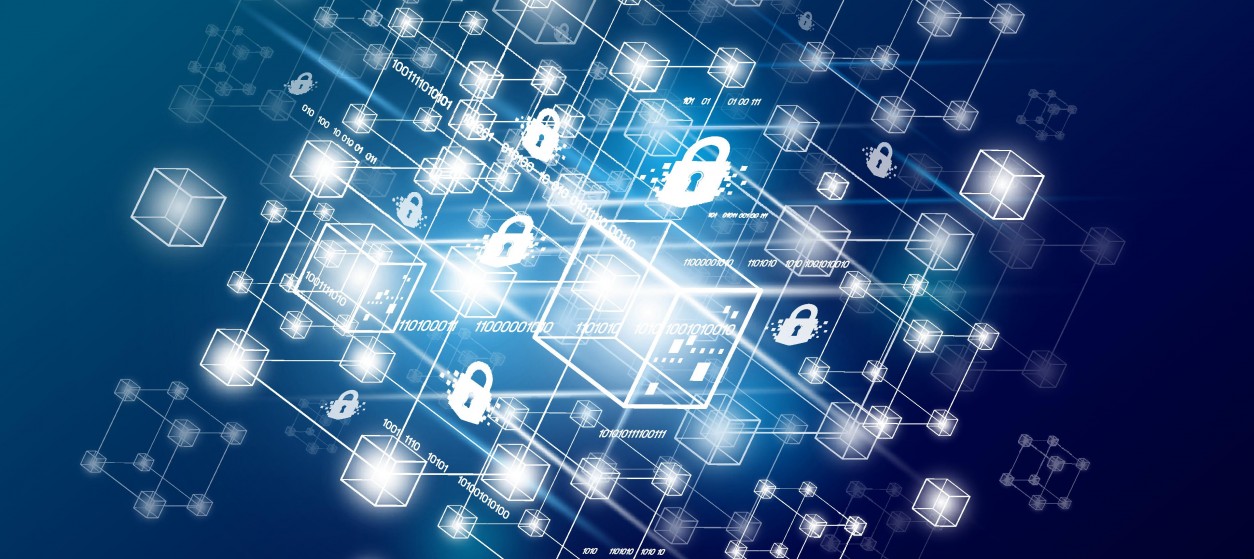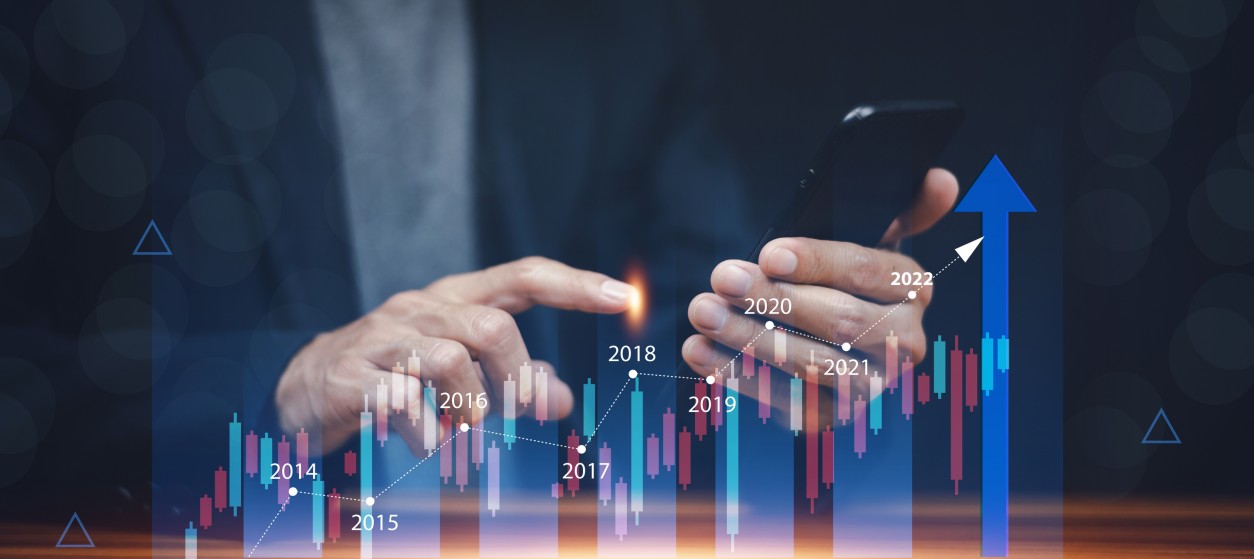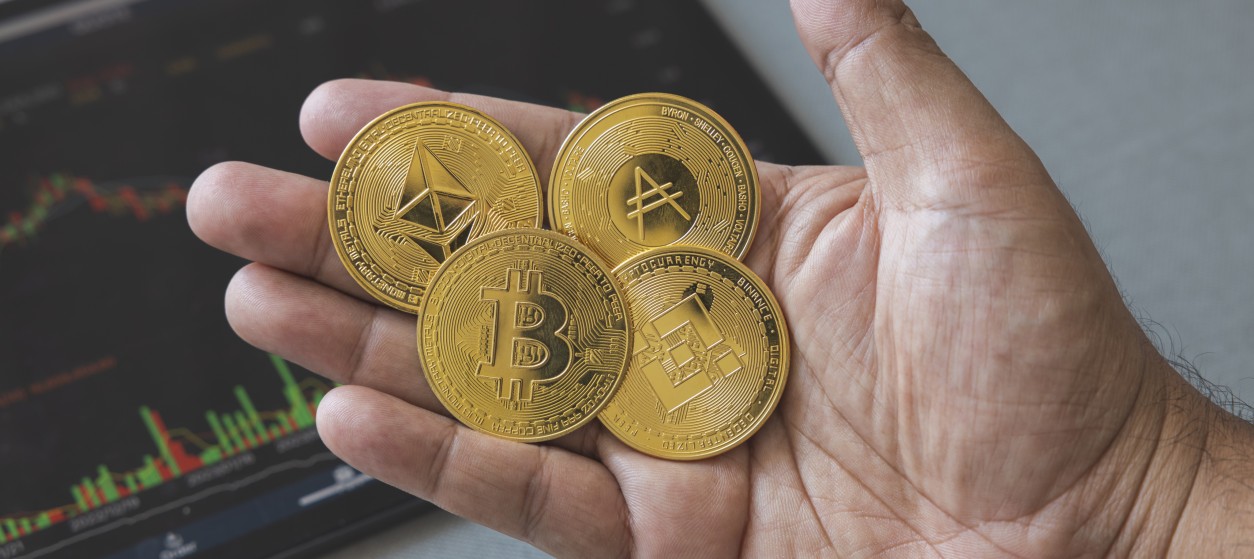The phrase Blockchain technology refers to the distributed ledger system that underpins cryptocurrencies like Bitcoin and Ethereum. Nowadays, more than fifteen (15) years following its emergence, this technology has evolved far beyond its initial financial domain. The immutable and transparent nature of blockchain has been recognized as a potent instrument for disruption in various sectors, including for example healthcare, trade, industry, and supply chain management. Companies that invest in digital transformation must therefore understand the potential of blockchain technology use cases across industries.
1. Supply Chain Management
Blockchain technology introduces unprecedented transparency and traceability within supply chains. Specifically, blockchain provides an immutable record of transactions and asset movements across an entire supply chain network. This is very useful in the agrifood chain, where blockchain can be leveraged to track food products from farm to store shelves towards ensuring food safety and reducing spoilage. Likewise, the ability to ascertain the provenance and authenticity of goods mitigates the risk of counterfeit products infiltrating the market, thus enhancing consumer trust. This is important for industries like apparel and art. Furthermore, blockchain smart contracts i.e., self-executing contracts with the terms directly written into code, can be used to automate payments and transfer of ownership. This is important for streamlining logistics operations while at same time eliminating intermediary costs and potential errors. Overall, the benefits of blockchain applications are applicable to supply chains in almost every industrial sector, including for example the circular manufacturing and pharmaceuticals chains.
2. Digital Identity Verification
There are several cases where the integration of blockchain in identity management systems provides a more secure and user-controlled approach to digital identity verification. The use of decentralized advocates for a system where individuals own their identity data and grant permissions for its use as needed without exposing underlying personal information. This method minimizes the risk of data breaches and identity theft, as there is no centralized repository of personal data. Furthermore, blockchain’s inherent properties facilitate compliance with regulations such as the General Data Protection Regulation (GDPR) in Europe, as it enables individuals to maintain full control of their data.
The blockchain technology use cases for digital identify verification has merit for use cases where sensitive data are involved, including for example medical data and personal data involve in retailing transactions.
3. Healthcare Data Management
Blockchain can significantly enhance the confidentiality, integrity, and availability of healthcare data. As a prominent example, the encryption and storage of patient records on a blockchain-based system allows access only to authorized individuals. This is key for minimizing personal data risks and the attack surface against data breaches. Moreover, blockchain can enable the secure sharing of health data for research purposes without compromising patient anonymity. There are for example projects that have implemented decentralized record management system for Electronic Medical Records (EMRs), which gives patients control over their health data.
4. Smart Contracts in Real Estate
The tokenization and management of real estate assets through blockchain can nowadays lead to enhanced liquidity and transparency into the property market. Using smart contracts, blockchain networks can automate and enforce agreements between parties, which circumvents the need for intermediaries like escrow agents. This is the reason why there are nowadays several startups that offer platforms for remote, paperless, and seamless real estate transactions. Blockchain technology can also establish fractional ownership, which opens opportunities for investors to acquire fractions of properties. This is a key to democratizing access to investment opportunities in the real estate sector. The applications of blockchain in real estate can be directed extended to economic sectors that deal with other types of assets like pieces of art or financial assets.
5. Intellectual Property (IP) and Royalties Management
Blockchain and its applications are poised to revolutionize the way intellectual property is managed and monetized. Distributing royalty payments, for example, can be challenging in industries such as music and publishing due to complex distribution networks and disparate parties. To address these challenges, there are platforms that utilize blockchain to create a tamper-proof ledger of ownership rights and to automate royalty disbursements. The latter are encoded within predefined smart contract terms. In these ways, artists and creators thereby gain increased control over their intellectual property and income streams.
The above-listed blockchain technology application examples signify a fraction of blockchain’s burgeoning influence across sectors. Each example leverages some of blockchain’s core attributes (e.g., decentralization, transparency, immutability, and automation) to improve the efficiency and auditability of industrial processes. Nevertheless, the presented list of applications is by no means exhaustive. Many other blockchain applications are found in other industrial sectors, beyond finance and the above-listed sectors.
Blockchain technology’s capacity to bolster security, efficiency, and trust in data transactions portends its potential to reshape the foundations of numerous industries. It is incumbent upon distributed systems architects, IT professionals, and cybersecurity experts to explore and implement these blockchain applications thoughtfully. This is key to ensuring that blockchain deployments are executed with precision and meet the needs of modern decentralized digital infrastructure.










